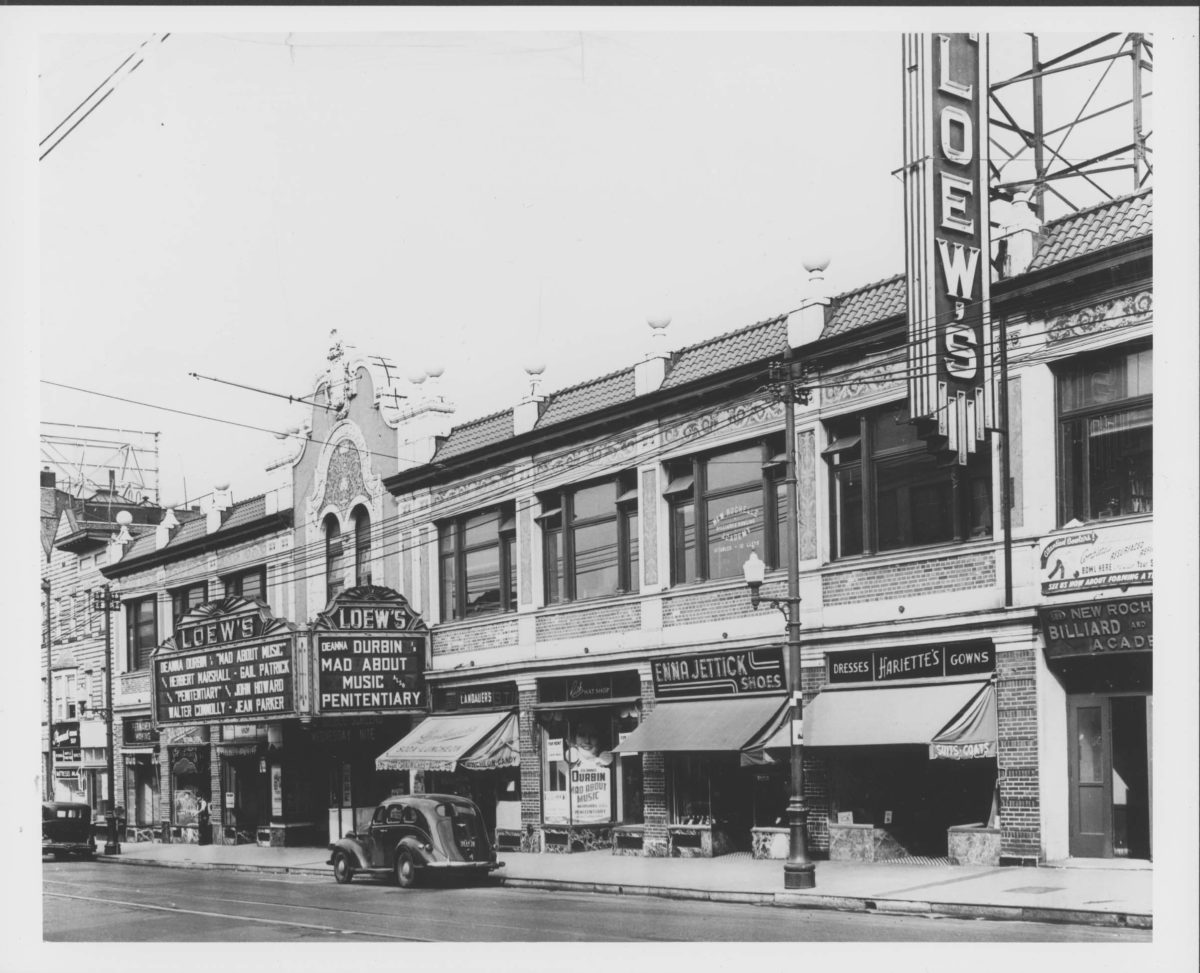Mercy College in Dobbs Ferry has received a $1.2 million federal grant to teach math-savvy military veterans how to teach math-challenged students.
The college will award 20 scholarships over the next four years for a 14-month master”™s degree program that will combine theory and practice.
The National Science Foundation grant is structured as a research project that will examine whether veterans can make good math teachers and strong role models for at-risk students.
“The assumption is that veterans have something they bring to the table,” said William Farber, an associate professor of secondary education who is the principal investigator. “They are seasoned. They have a sense of organization and discipline.”
The practical part of the program is based on the hospital internship model. Veterans will be assigned to classes in grades 7 to 12 in the Yonkers public schools. They will work with a mentor teacher, learn how to manage a classroom and will eventually teach a few classes.
Each veteran will be assigned a Mercy visiting faculty adviser who will meet with them 20 to 22 times during their internship. The advisers are retired math supervisors.
Farber said grades 7 to 12 are difficult to manage, but veterans have the maturity and experience to handle classroom challenges.
When a student questions why she should solve an equation, for instance, veterans can demonstrate why math matters by drawing on technical experiences, such as working with radar.
“They can make math come alive through the experiences they had in the real world,” he said.
The veterans will take classes twice a week at Mercy to learn the theoretical aspects of teaching. They will be put through rigorous testing for various certifications and, if they are successful, they will be awarded master”™s degrees in mathematics education.
They also will be organized as cohorts to encourage them to stay in touch with one another, share lesson plans and strategies and discuss jobs.
“They will become a unit,” Farber said. “And that is the essence of the military, the platoon, the company. They will become very close and become a cohort and keep the family together even after they finish the program.”
In exchange for a tuition-free $33,000 master”™s program, the veterans will agree to teach for two years in a school where students are not performing well or math scores are low.
Farber described the program as a “personal quest” that combines his love of math with his respect for the military.
He served in the U.S. Navy in Vietnam. He majored in math at Manhattan College and earned two master”™s degrees and a doctorate in education from Columbia University. He taught junior high school math in the Bronx for a dozen years “and loved it,” and joined the Mercy College faculty in 2010.
He wrote the grant application with Arlene Zimny, director of accreditation. Nagaraj Rao, professor of mathematics, and Terri Lynn Germain-Williams, assistant professor of secondary education, are co-investigators. Brian Baldwin is program evaluator.
Farber is scouring veterans programs and local colleges for the first 10 veterans. Candidates must have a math degree or 30 hours of math credits. He also will consider veterans with degrees or at least 24 credits in related fields such as engineering, computer science and cyber security. Those candidates will take classes for six more math credits.
One pool of talent, he said, is retired military officers who are still “young and vibrant and ready to serve again.”




















